CERTIFIED TRUST





• ISO 22000 System of management safety, certified by DNV Business Assurance.
• HACCP system (Hazard analysis and critical control points).
• We offer the management and implementation of other types of certifications at the request of our partners.

The nutritious flavor that accompanies your break.

MANIFEST
OUR REASON FOR BEING
MISSION AND VISION
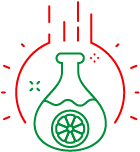
INNOVATIONS
R&D LAB

TECHNOLOGY
OUR FACTORY
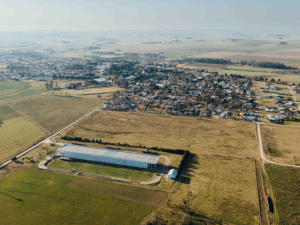






ENVIRONMENT
SOCIAL RESPONSIBILITY

FOUNDATION
A UNIVERSITY BUSINESS
The Universidad Adventista del Plata (UAP) is a promoter of a healthy lifestyle through actions that include teaching, research, and extension. Certified by the Health Ministry of Argentina as Healthy Institution.
Together we invest in the quality of life of the population, making of the excellence and innovation its dominant institutional culture. We build a space of training and research for students and professors, and a source of resources for the university project.
La alimentación del futuro. Sustentabilidad
Debido a las tasas de crecimiento exponencial de la población, en 2050 se tendrán 9.8 billones de personas, y en pocos años no habrá disponible suficiente fuentes de proteínas.
Nuestro Desafío:
desarrollar alimentos con fuentes de proteínas variadas, de origen vegetal, de bajo costo y que sean sustentables y amigables con el medio ambiente
Visit our catalog and find a healthy and natural proposal.
OUR HISTORY
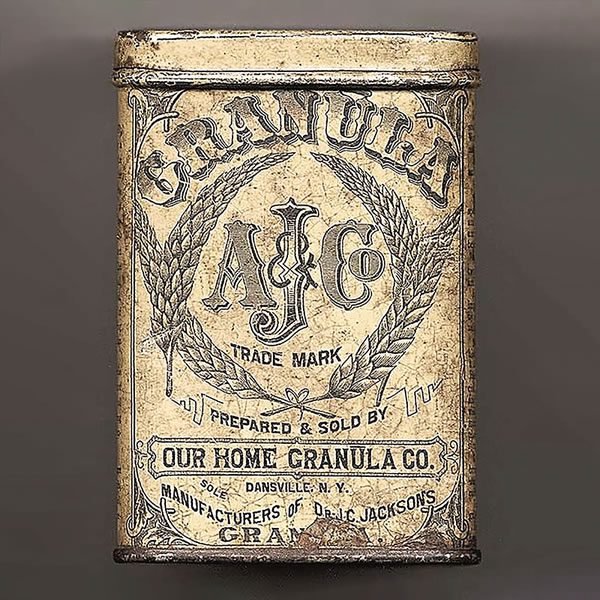
James Caleb Jackson (USA) creates a style of cereal for breakfast called “Granula”.
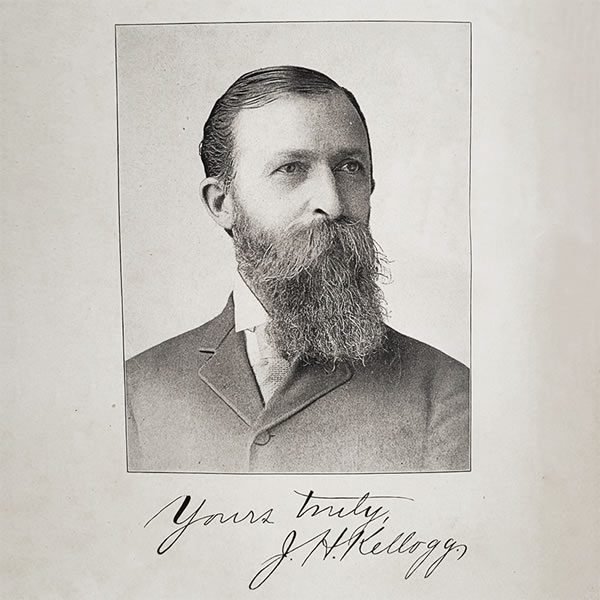
Inspired in the healthy lifestyle that the Adventist Church promotes, and exploring breakfast options based on grains and cereals, John Kellogg and his brother W. H. Kellogg create the “Cornflakes”, and make their own cereal mix, which they call “Granola”. These recipes were implemented in the Battle Creek Sanatorium (USA).
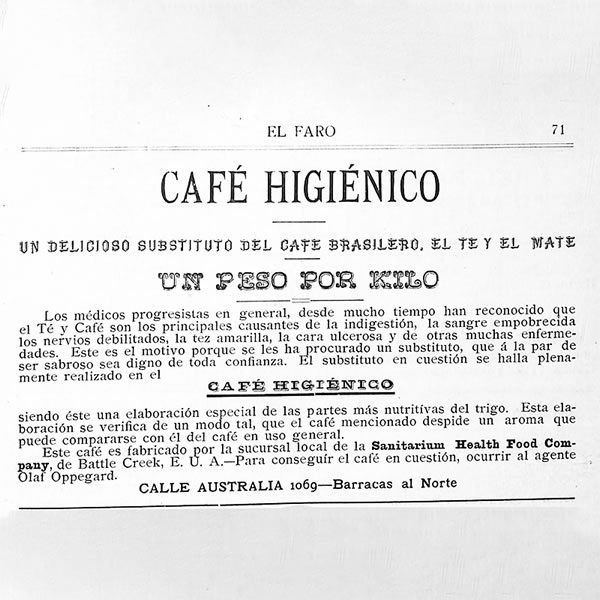
“Hygienic coffee” of cereals, substitute of coffee, mate, and tea, prepared in the branch of the “Food Company of the Battle Creek Sanatorium”, located in Buenos Aires. Olaf Oppergard, Adventist nurse and masseur, was the distributor.

Founding of the Colegio Adventista del Plata, nowadays Universidad Adventista del Plata. The College starts to produce whole-grain bread and peanut butter. In Melbourne, The Sanitarium Health and Wellbeing Company is founded, with the same focus on a healthy diet promoted by the Adventist Church from Battle Creek in Michigan.

The students take part in activities like apiculture and sale of honey.
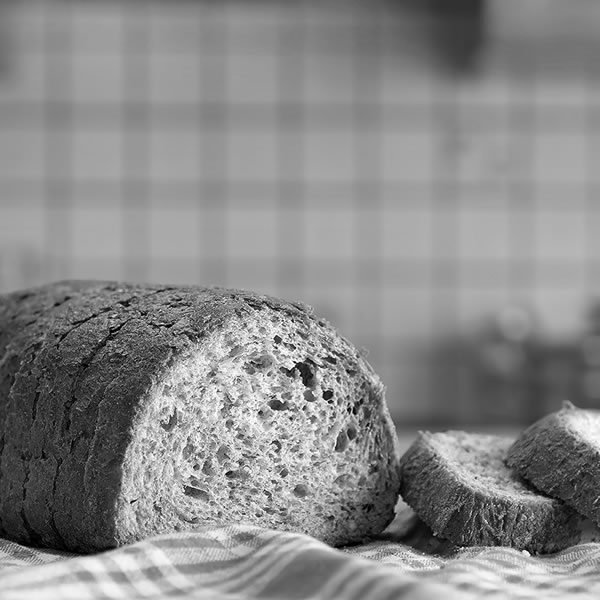
Creation of the “Industrial Society” of the Colegio and Sanatorio Adventista del Plata, established to provide work and economic resources for the students.
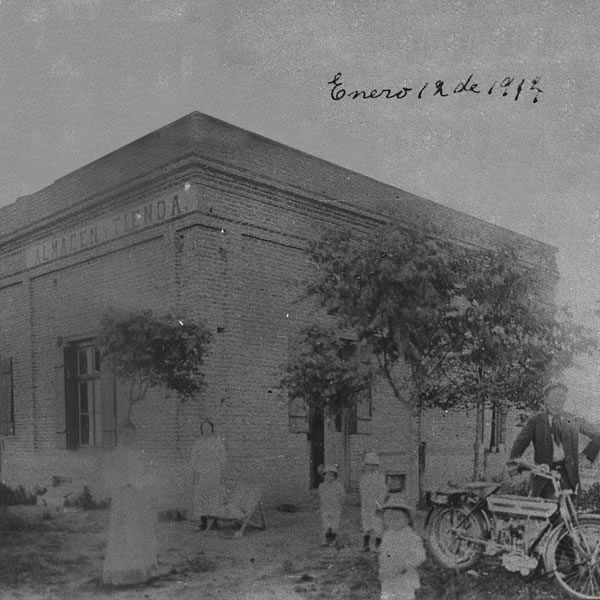
The Industrial Society, among other functions, was in charge of the bakery and the storage. Cereal coffee was produced.
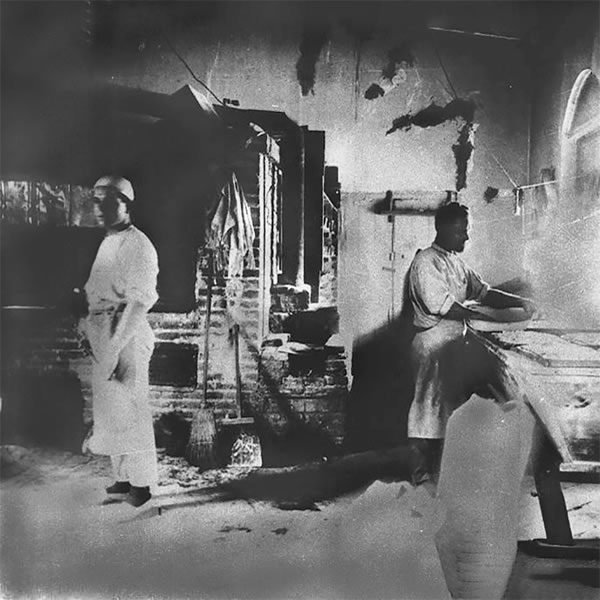
The bakery of the College sells cookies, cereal coffee, and granola in Buenos Aires. From England, P. H. Smith arrives to run the bakery. The director of the Colegio Adventista del Plata, Jess S. Marshall, considers the opening of a healthy food factory.

Building of a milking parlor for the processing of milk, cream, and butter.

The bakery of the College sells cookies, cereal coffee, and granola in Buenos Aires. From England, P. H. Smith arrives to run the bakery. The director of the Colegio Adventista del Plata, Jess S. Marshall, considers the opening of a healthy food factory.

Gránix was the first name that the Colegio Adventista del Plata gave to the cornflakes manufactured and sold by the College.

A flour mill is set in the Tower, which allows to increase the manufacturing, packaging, and selling of cornflakes.
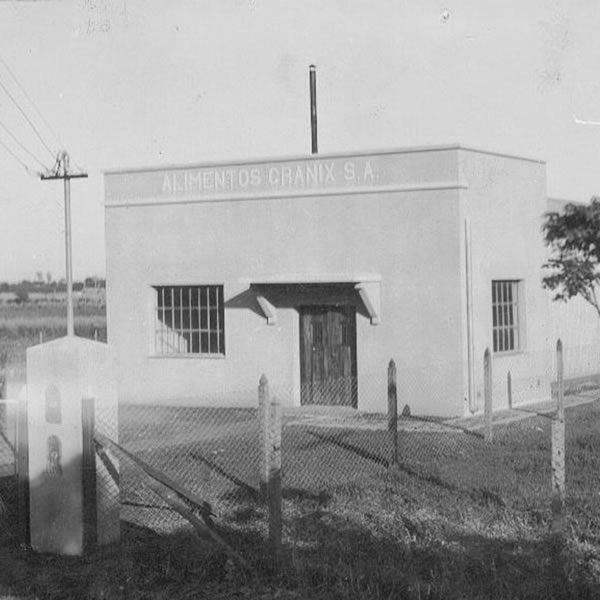
The factory of Alimentos Gránix splits from the bakery of the College and moves to Florida, Buenos Aires.

With the collaboration and technical contribution of a student, a factory of juice and sweets begins in the kitchen of the college.

The commercialization of products expands: there are sales of sweets, jellies, dulce de leche, tomato sauce, bee honey, and dairy products such as milk, cheese, ricotta, yogurt, and cream.
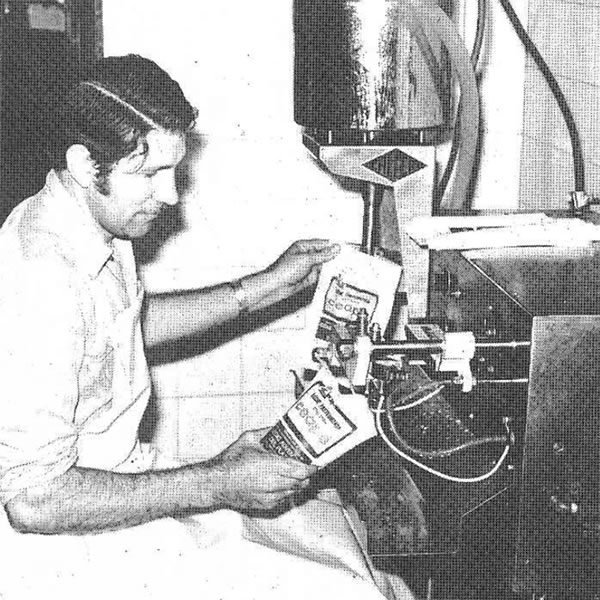
During this year the new processing and pasteurization plant is set up.
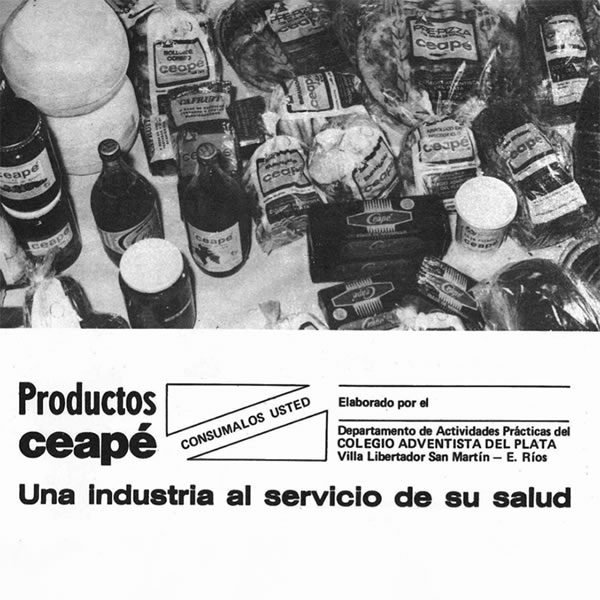
The brand CEAPÉ is registered (derives from the initials C.A.P. Colegio Adventista del Plata) to commercialize the food products.

A great increase in the production of an infusion produced from barley, peanuts, and toasted figs, known as Cafruit, Capost, and Granitost. Commercialized by Gránix and establishing a society that lasts to these days.

The agreement with Alimentos Gránix is renewed, allowing the factory to produce food with its brand.

The manufacturing of extruded breakfast cereals begins.

Development and manufacturing of filled snacks.

The beginning of exports to Spain.
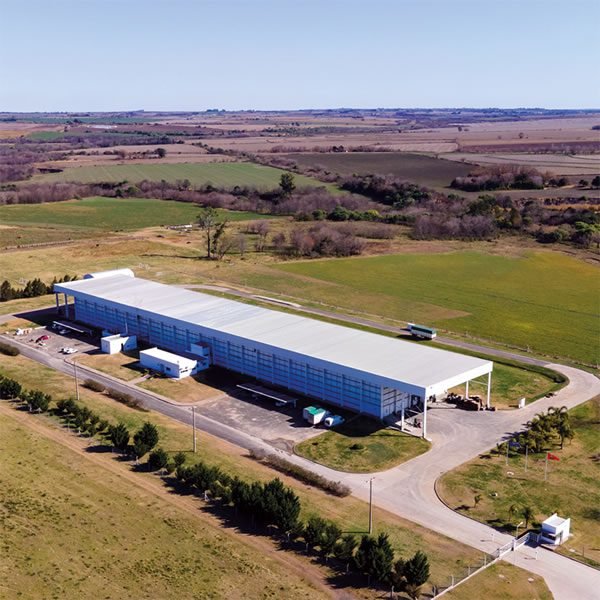
Relocation and opening of the new plant of Alimentos CEAPÉ, with 5500 covered m2, cutting-edge extrusion technology and its own engineering team.

Certification of ISO standards 22000, issued by DNV Business Assurance in Barendrecht, Netherlands, and FSSC 22000, held until today. Exports to Brazil.
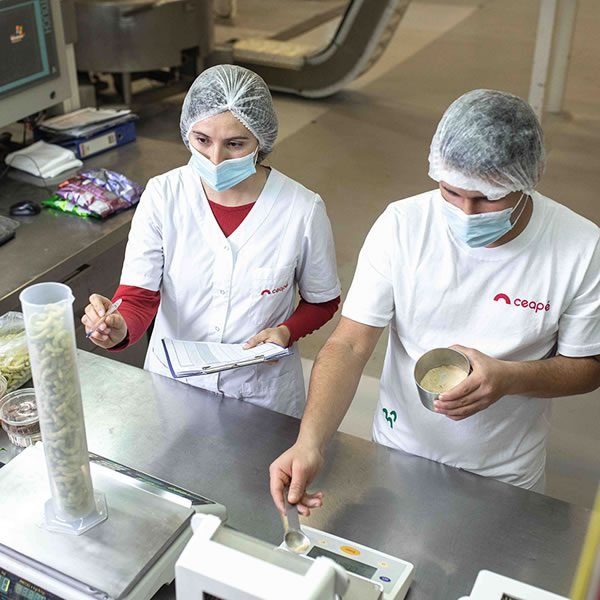
The opening of the R&D laboratory allows the development of new flavors and recipes.

The production of chocolate substitutes and sweet/salty snacks begins.


